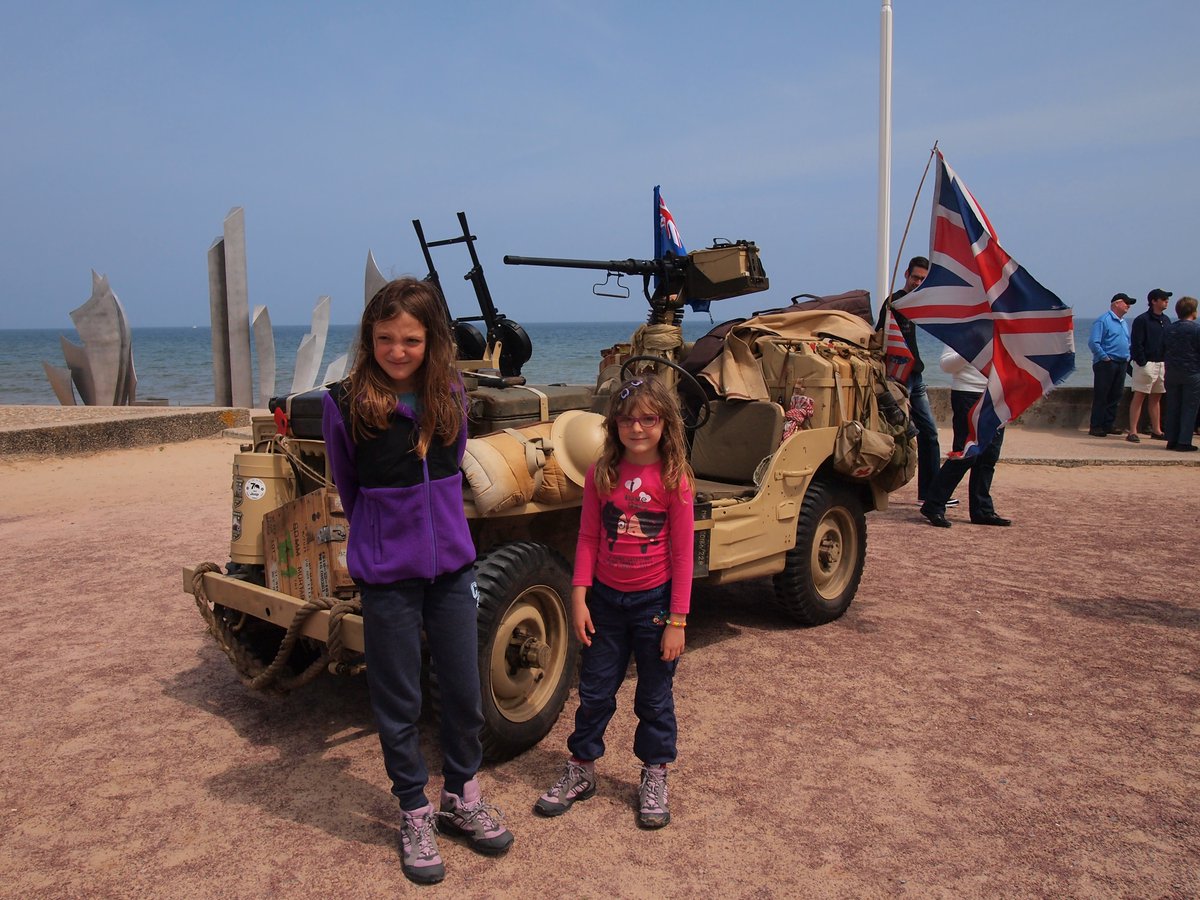
#11Novembre #ArmisticeDay Today it is 103 years since the Signature of the #armistice however the state of war persisted until the signature of the Treaty of Versailles in June 28th 1919 

In France it is remembered as #ArmisticeDay , in other allied countries it changed to #RemembranceDay and in the US was changed to #VeteransDay
The WWI was called initially optimistically The war to end all wars, today it is used more ironically as the WWII brought more devastation. It took me a lot to starting to get an idea of understanding the world before, during the 2 world wars, and after... ⤵️
The following books are a humble recommendation: The Guns of August by Barbara W. Tuchman goodreads.com/book/show/4077… The book focuses on the first months of the war, and of course what lead to it...
Two things surprised me: 1) how different was Europe from today. In high school I learnt about the Colonial Powers, but never got on the idea how related each country was to other by family ties: it was a war between cousins and brothers...
The only outlier was France: a Republic that abolished monarchy, and even with its defense treaty with UK and other European powers, France agonized until UK confirmed that it was going to respect the pacts...
2) The world also was very different when coming to values: human zoos were "normal" bbc.com/news/magazine-…
and exercising violence against civilians an accepted practice of war. From the Guns of August: "On the first day too the Germans shot six hostages taken at Warsage and burned the village of Battice as an example." roadstothegreatwar-ww1.blogspot.com/2013/11/in-pat…
It continues "“Our advance in Belgium is certainly brutal,” Moltke wrote to Conrad on August 5, “but we are fighting for our lives and all who get in the way must take the consequences.”"
and more "the moment his army entered Belgium he found it necessary to take, in his own words, “severe and inexorable reprisals” such as “the shooting of individuals and the burning of homes” against the “treacherous” attacks of the civil population. First Army
the fog of war? "The German campaign of reprisals was not, except individually, a spontaneous answer to Belgian provocation. It had been prepared ahead of time, with usual German care for every contingency, and was designed to save time and men by cowing the Belgians quickly."
The next book is an amazing oeuvre d'art in band dessinée: Guide de 14-18 goodreads.com/book/show/4203…
It starts when Jean Rocaillon vanishes when receiving a medal as the last "poilus" in his village. The book goes in flashbacks before the war and follows the story of several friends along the war...
The last french poilu was called Lazare Ponticelli and he died in 2008, en.wikipedia.org/wiki/Lazare_Po… Originally the term came from "étre poilu" or "brave and viril"
The book is a comic and history book in one. It depicts the life of the French country side, and the young men that went to the trenches. At the end in the last offense we get to know that the real Jean dies, and his friend took his place... reasons? I'll encourage you ro read it
The last book is To End all Wars, goodreads.com/book/show/9315… a condensed tour the force in less than 500 pages across the carnage of the war...
Europe did not changed too much: colonial powers to continue as if nothing changed, and more tensions accumulated until the WWII, which is hell on Earth... and changed the world hopefully for good, marking the end of European colonialism and many more changes.
In France WWI caused 1.3 millions deaths, according to the Ministère des Armées: memoiredeshommes.sga.defense.gouv.fr/en/article.php…
In France there are aprox. 30000 monuments Morts pour la France: culture.gouv.fr/Regions/Drac-P…
The French government launched an initiative in 1919 to create a Golden Book, Livre d’or, to remember in glory all the heroes of the war. The project never sees the light. culture.fr/Genealogie/Gra…
The initial monuments later are also used to remember the soldiers who died in other wars, from WWII to Indochina and Algiers. Also more monuments are created to remember the "deported": mostly all the French Jews deported to Nazi concentration camps during WWII
This volunteer organization tracks most of the Morts pour la France monuments and books: memorialgenweb.org/index.php
In my album #EuropeScars flic.kr/s/aHskCw2e3k I'm collecting photos of every monument I found in France and other places related to these terrible events
@threadreaderapp unroll
• • •
Missing some Tweet in this thread? You can try to
force a refresh















